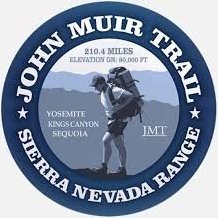How to add multiple lines of EventData to an EventLog?
-
Similar Content
-
- 22 replies
- 35,914 views
-
- 0 replies
- 1,649 views
-
- 5 replies
- 2,414 views
-
- 10 replies
- 13,348 views
-
- 2 replies
- 1,985 views
-





Recommended Posts
Create an account or sign in to comment
You need to be a member in order to leave a comment
Create an account
Sign up for a new account in our community. It's easy!
Register a new accountSign in
Already have an account? Sign in here.
Sign In Now